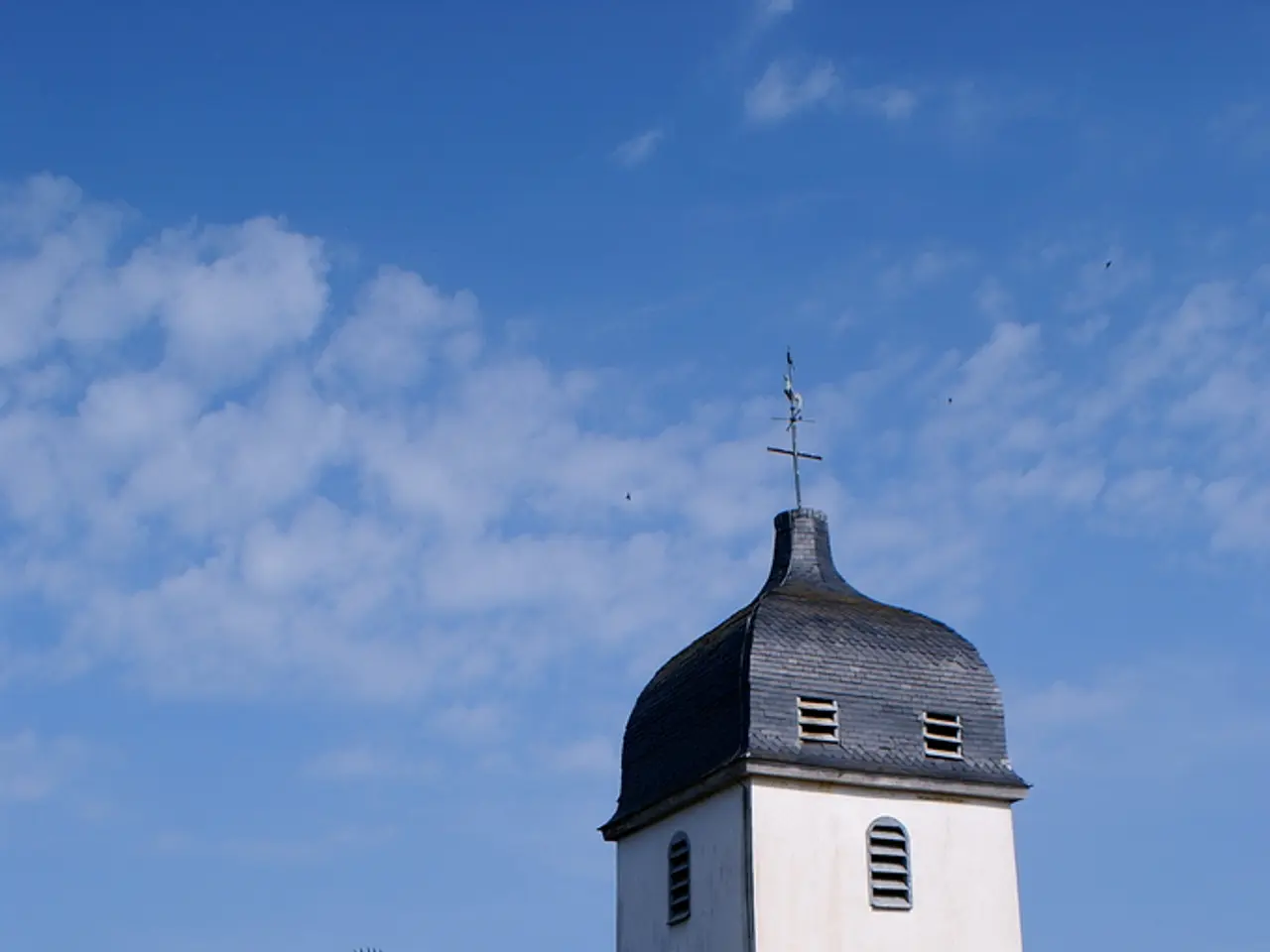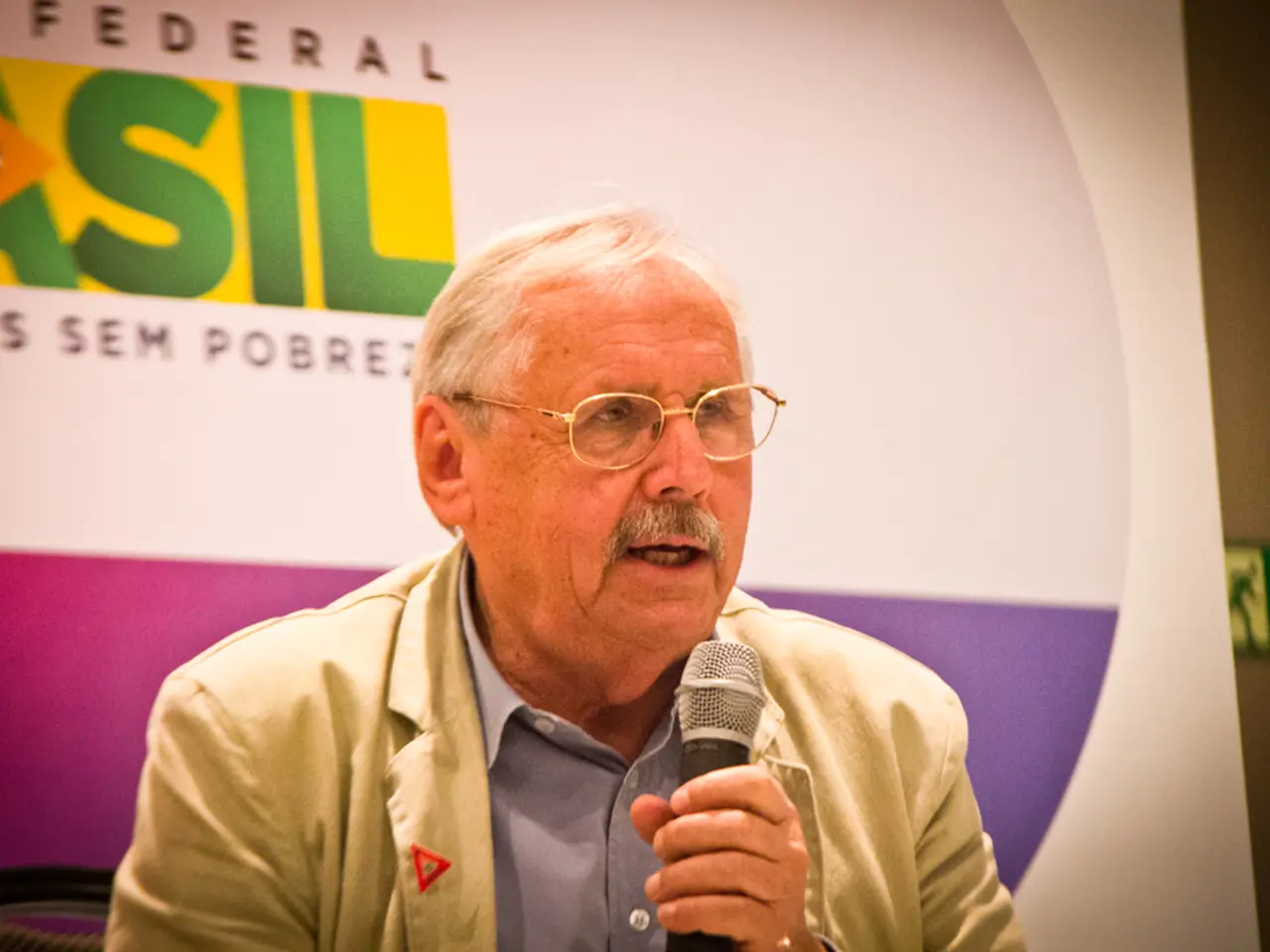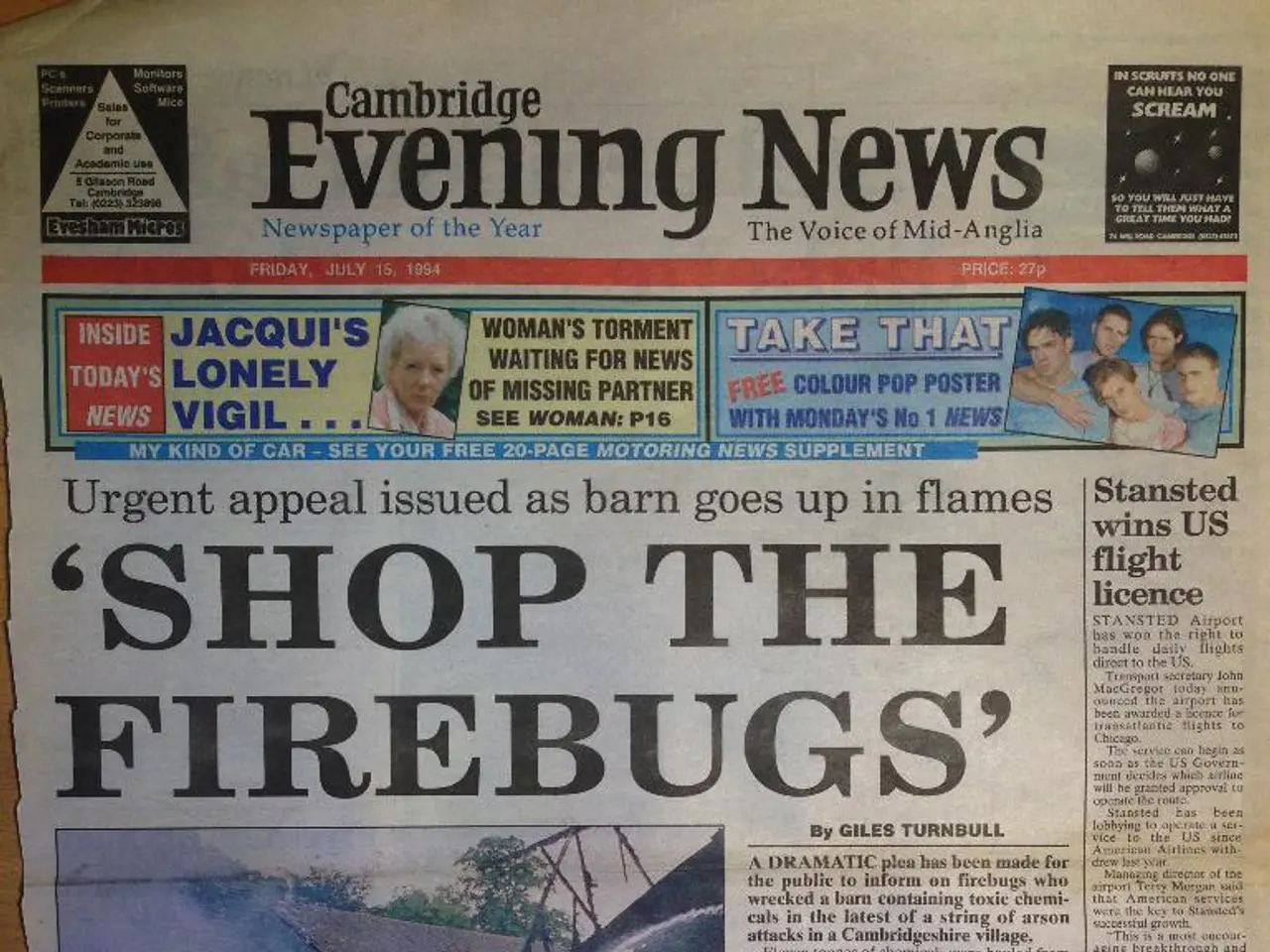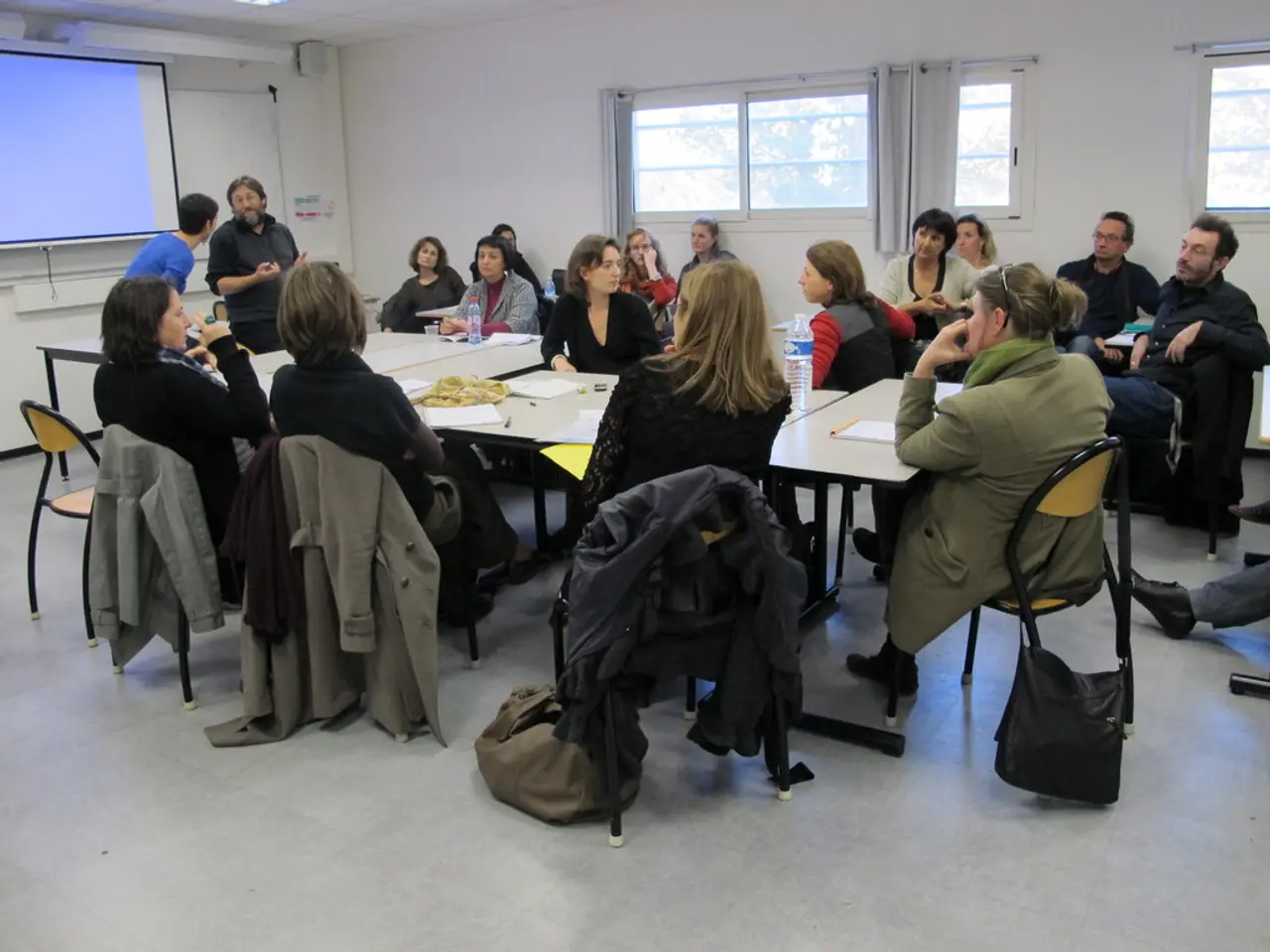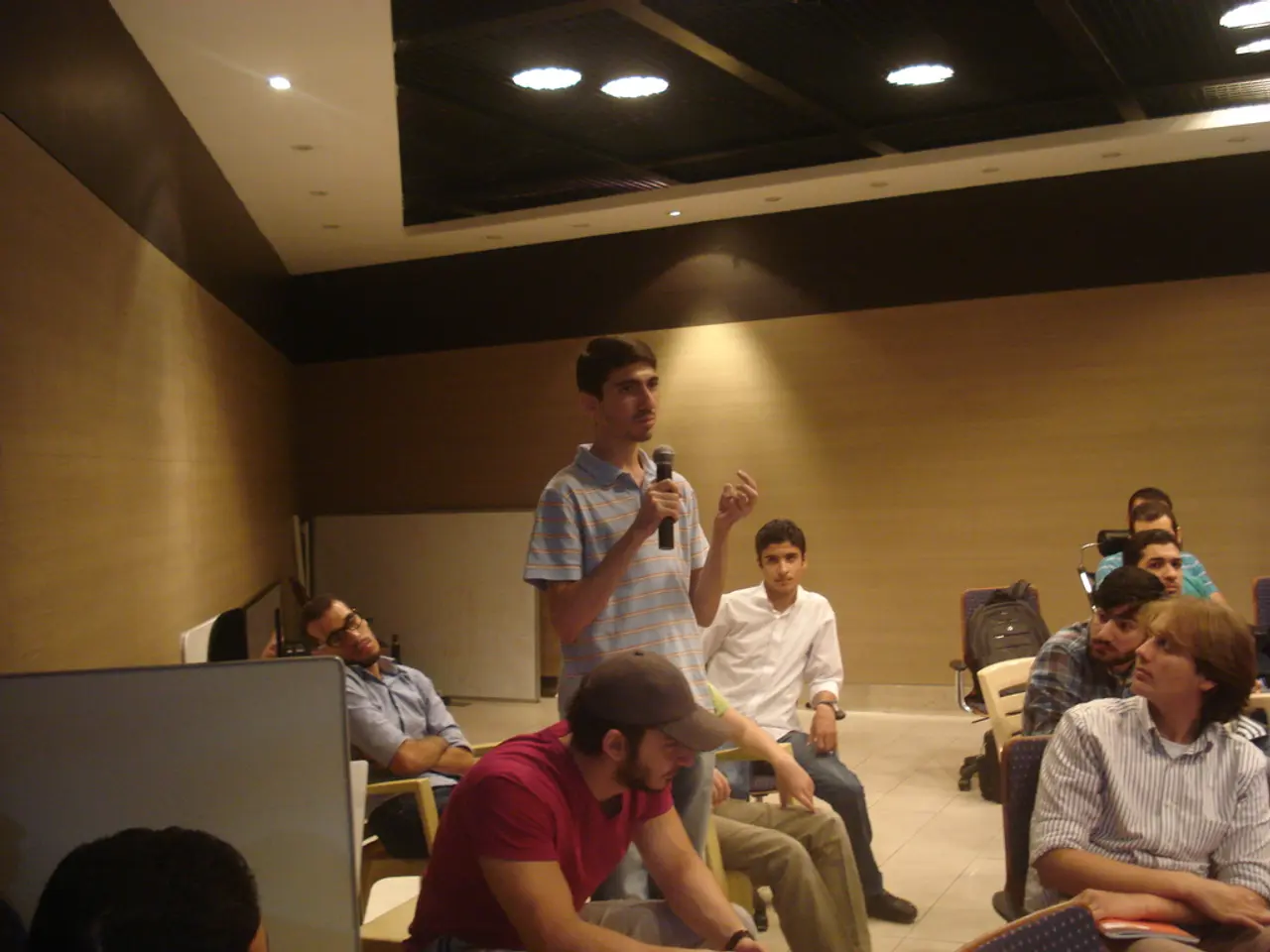House churches in Russia face opposition not only from evangelicals, but from various sectors of the population who view the proposed ban as a restricted limitation on religious freedom.
In the heart of January 2025, a contentious bill is set to be debated in Russia's national Parliament. This bill, originating from New People, a party supporting the government, aims to restrict religious activities in houses and apartment blocks.
The proposed law states that religious activities outside official places of worship could create "public disorder", an "increased risk of crime", and inconvenience to residents. If passed, this bill could potentially impact informal spiritual care provided by various religious denominations, particularly those without state recognition, such as house churches.
The Russian Orthodox Church, a powerful denomination in Russia, has contested the bill, expressing concerns about the potential closure of Orthodox house churches and the banning of certain religious rites performed in residential premises. The Adventist Church, the Roman Catholic Church, and the Russian Evangelical Alliance (REA) have also voiced their objections, with the Adventist Church stating that the bill violates the constitution's right to freedom of conscience.
Vitaly Vlasenko, the general secretary of REA, has expressed hope that the bill may not be a hidden form of restriction on religious freedom for Russian Protestants. Oleg Goncharov, an Adventist representative, has further stated that "Religious faith is human life - faith is where people live". The head of the Moscow Patriarchate's legal department has also expressed concern over the bill's potential impact on sacraments like communion and unction.
Several religious denominations have expressed a desire to be part of the dialogue around the parliamentary initiative. The Russian Evangelical Alliance has called for not passing laws that may bring more conflict and has advocated for joint work to find reasonable solutions protecting the rights of believers and taking into account the interests of all citizens.
While there is no direct information about a new bill specifically aiming to ban religious activities in residential buildings, Russia's past legislative and judicial trends suggest that such a bill would face significant external criticism. Human rights, religious freedom advocates, and international observers have already criticized Russia for systematic violations of religious freedom, labeling it a “Country of Particular Concern” by the U.S. Commission on International Religious Freedom.
If passed, the bill could further suppress minority or non-state-recognized religious groups, increase legal risk for informal religious meetings, and heighten state surveillance. Denunciations would likely come from these same quarters, concerned about the potential impact on religious freedom in Russia.
As the debate unfolds in January 2025, it remains to be seen how this bill will shape the religious landscape in Russia and whether it will face the same level of criticism as Russia's past legislative and judicial actions regarding religious groups.
- The Bill under debate in Russia's Parliament in January 2025, proposed by New People, a party supporting the government, could potentially impact general-news as it pertains to politics, with various religious denominations raising concerns about the restriction of religious activities in homes and apartments.
- The passage of this contentious bill in Russia's national Parliament could lead to a surge in general-news political discussions, as international observers, human rights groups, and religious freedom advocates express concerns it may further suppress minority or non-state-recognized religious groups and infringe upon the constitution's right to freedom of conscience.
